Cybersecurity And Compliance Management
Protect your IT infrastructure and ensure regulatory compliance.
Comprehensive Cybersecurity & Compliance Management with Jones IT
Jones IT’s Cybersecurity And Compliance Management Services focus on protecting your entire IT infrastructure and data, and ensuring compliance with industry standards and regulations. It encompasses cybersecurity measures, access management, compliance with industry-specific regulations and standards, security audits, risk management, data backup and business continuity, etc.
Schedule a call with an experts.
Fill out the form below to inquire about how we can assist with Cybersecurity And Compliance Management.
Here’s how we enhance your cybersecurity postureand compliance management.
Threat Intelligence and Advanced Protection
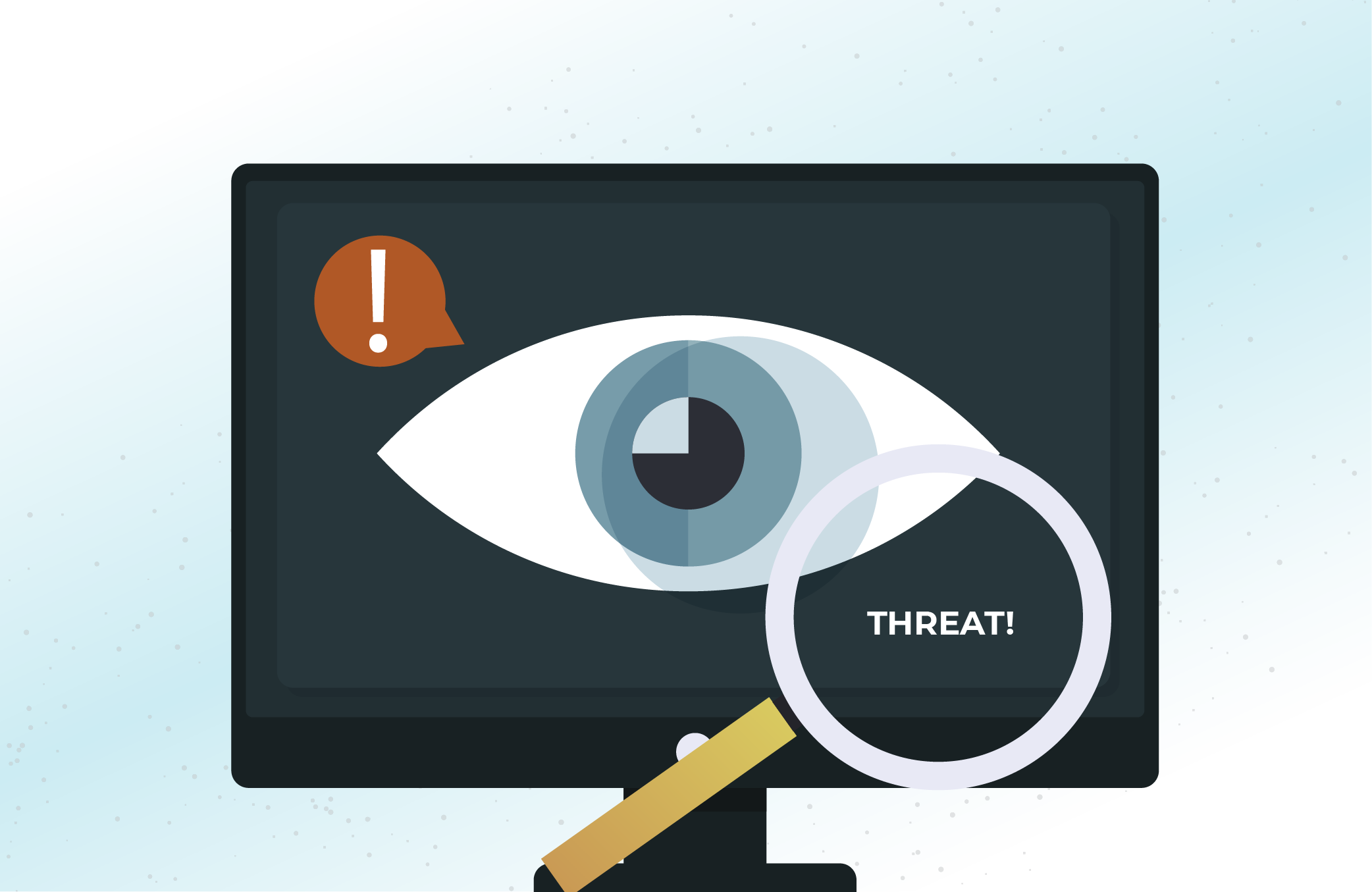
Proactive Threat Intelligence
We leverage advanced threat intelligence systems to identify and mitigate potential security risks before they materialize.
This proactive approach helps in safeguarding your sensitive data and critical infrastructure.
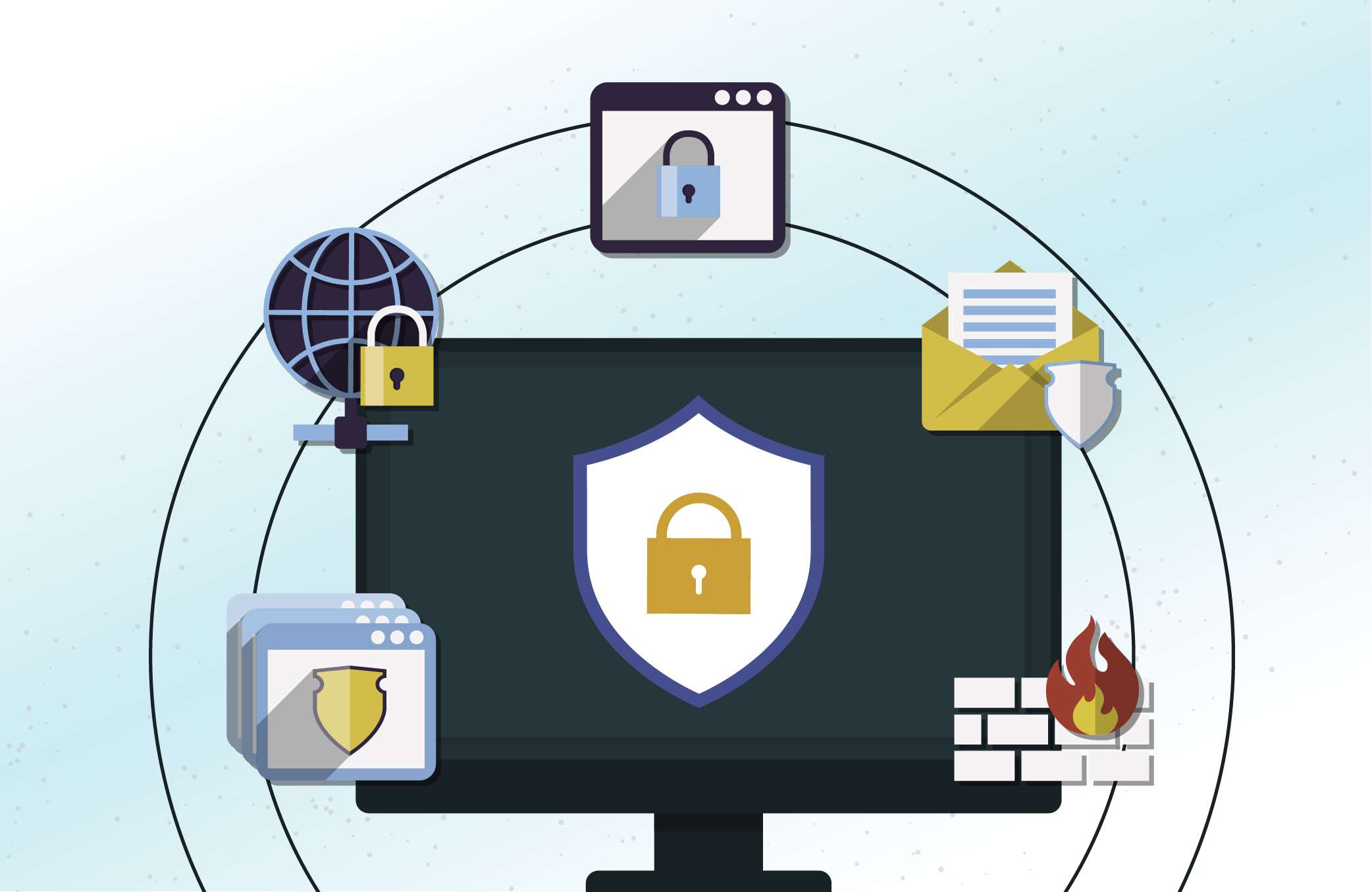
Multi-Layered Defense Mechanisms
We deploy a multi-layered security architecture, including next-generation firewalls, IDS/IPS, and endpoint protection.
This ensures comprehensive defense against sophisticated cyber threats.
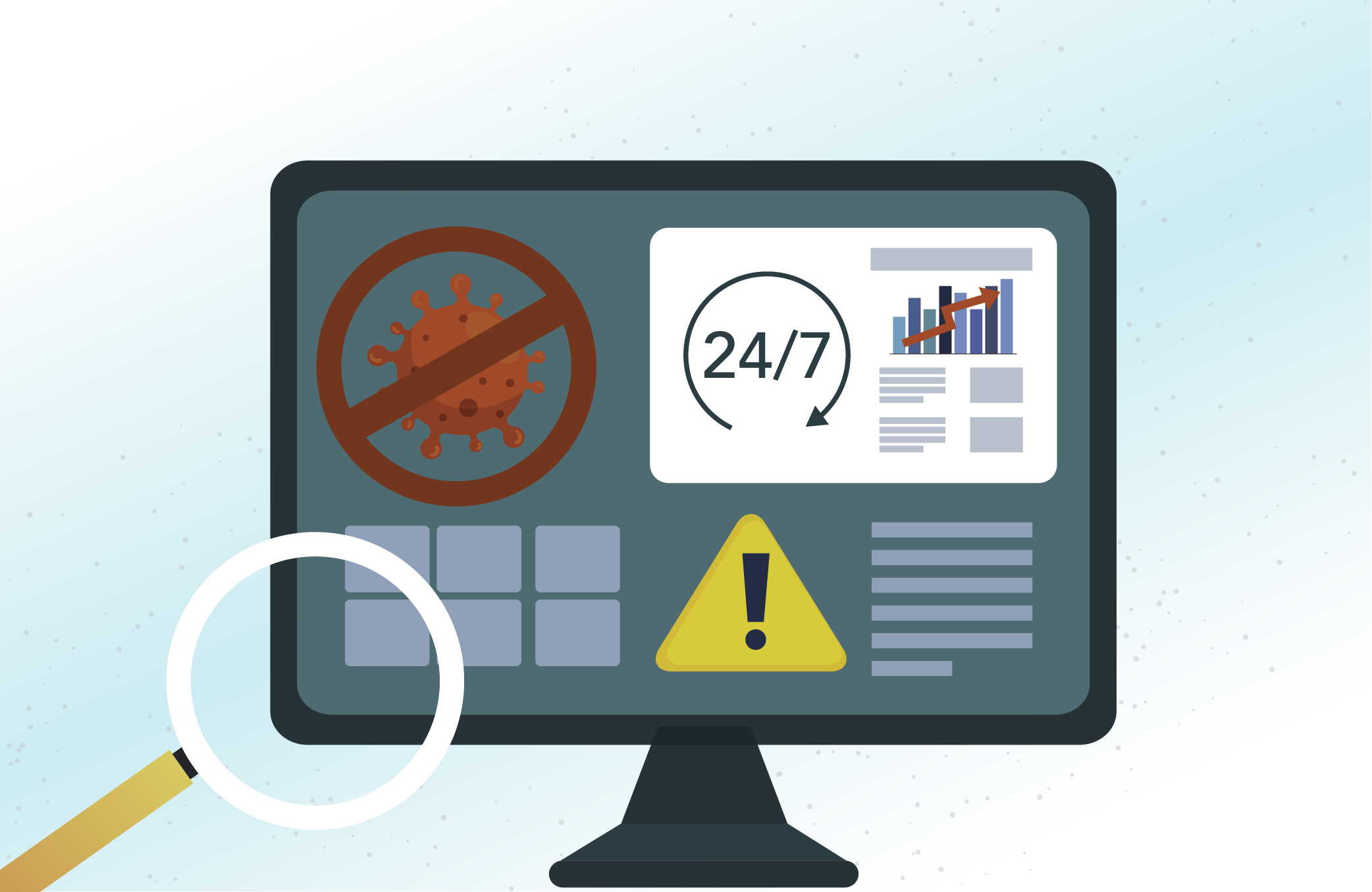
Continuous Monitoring and Incident Response
We offer 24/7 security monitoring coupled with rapid incident response capabilities to promptly detect and address breaches.
This minimizes potential damage and downtime.
Security Policy Development and Enforcement
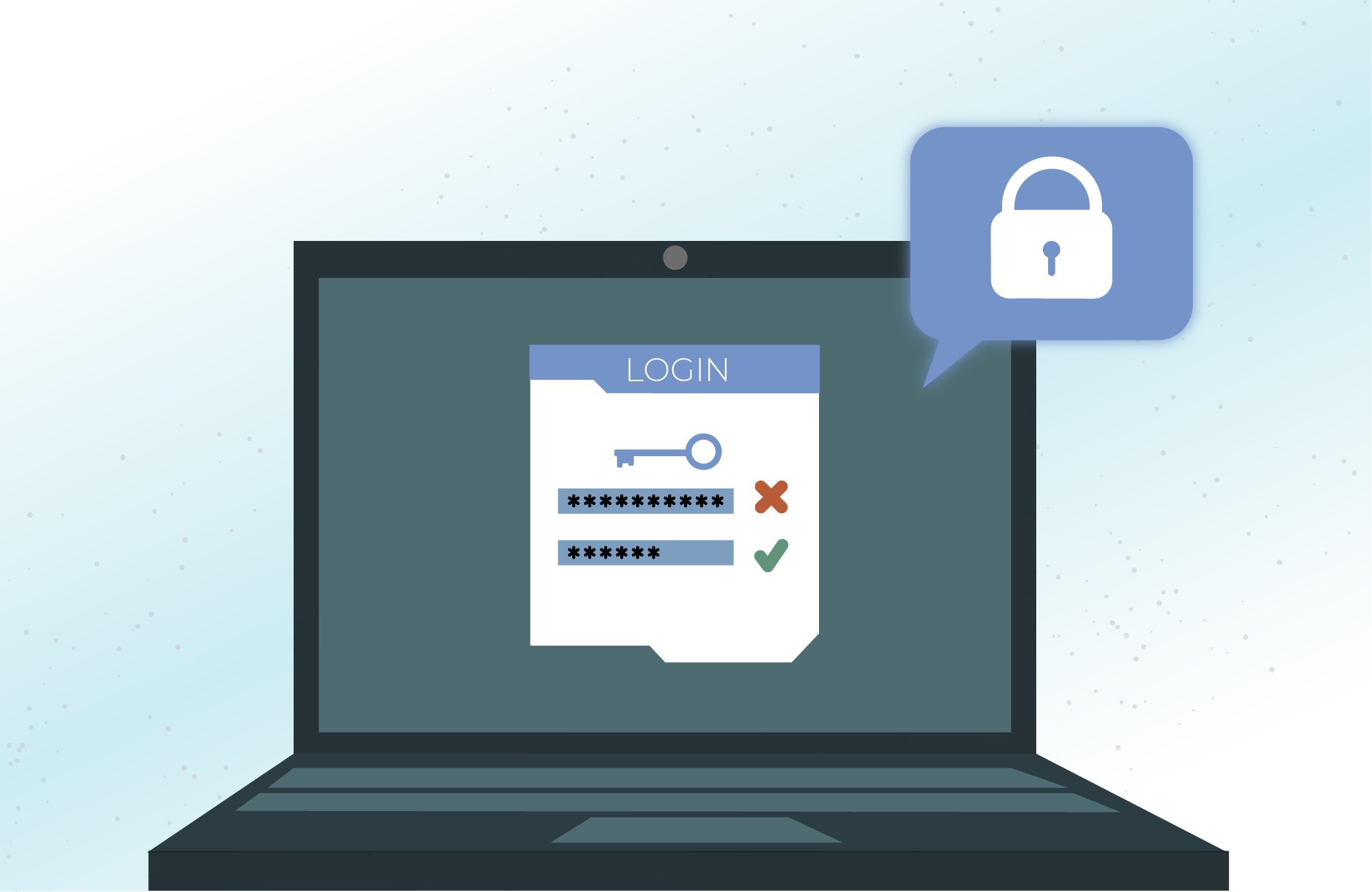
Custom Security Policies
We assist in developing and implementing robust security policies tailored to your organization’s unique requirements.
This ensures consistent enforcement across the organization.

Employee Training and Awareness
We conduct regular security training and awareness programs to educate employees on best practices and the latest threats.
This reduces the risk of human error.
Regulatory Compliance Expertise

Industry-Specific Compliance
We bring in-depth knowledge of industry-specific regulations such as HIPAA, PCI-DSS, SOC 2, and SOX, ensuring compliance.
Our expertise helps your organization adhere to all relevant regulatory requirements.

Compliance Audits and Risk Assessments
We conduct comprehensive security audits and risk assessments to identify gaps and vulnerabilities.
We implement corrective actions to ensure full compliance.
Documentation and Reporting

Automated Compliance Reporting
We implement advanced solutions to automate compliance reporting, providing detailed and accurate reports.
This simplifies the audit process and demonstrates adherence to regulatory standards.

Policy Documentation
We assist in creating and maintaining comprehensive documentation, including security policies and incident response plans.
This is critical for compliance validation.
Risk Mitigation and Business Continuity
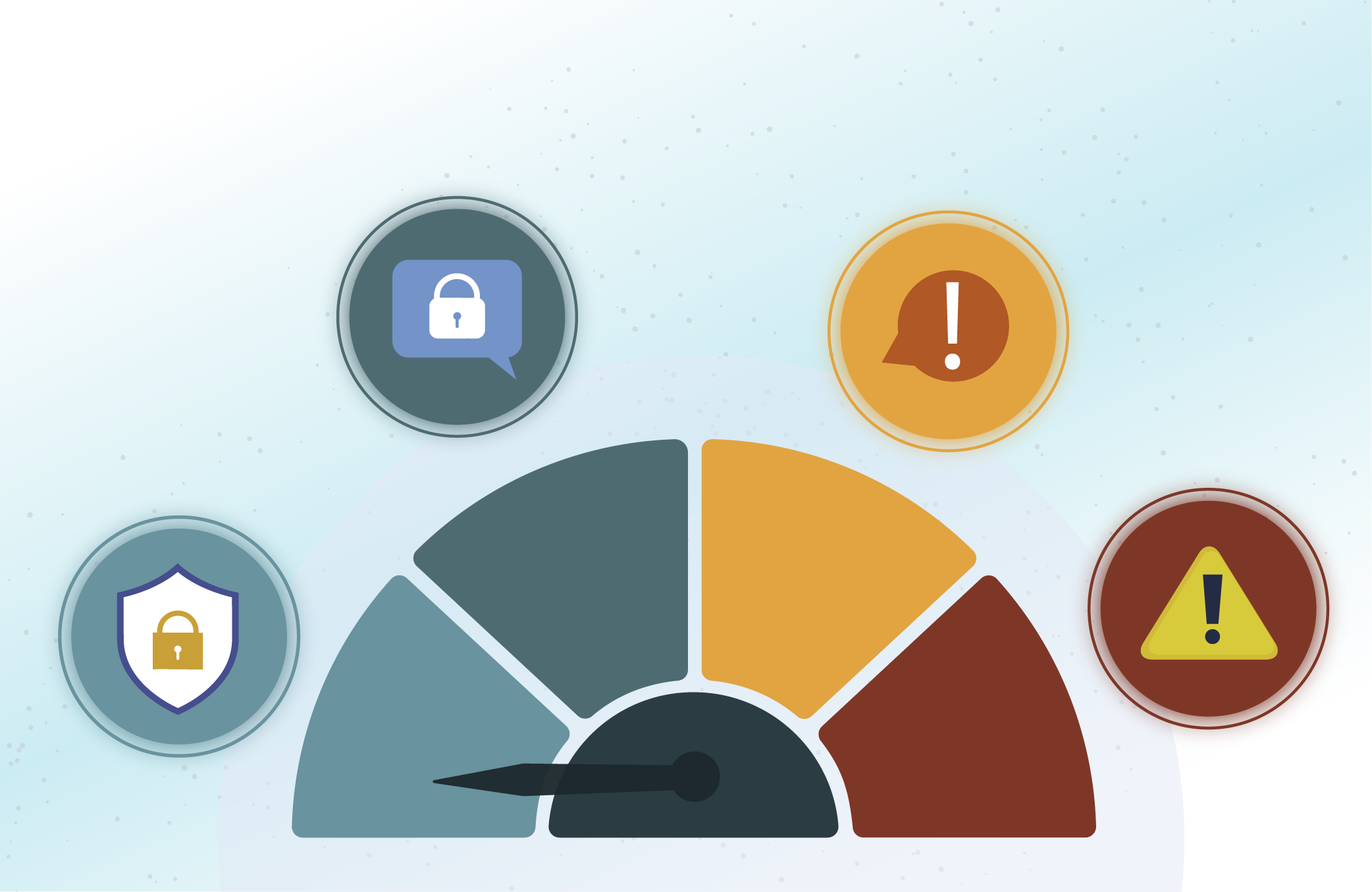
Reduced Risk Exposure
We implement robust cybersecurity measures that significantly reduce your organization’s exposure to cyber risks.
Protecting valuable assets and maintaining business continuity is our priority.

Incident Response and Recovery
We help create and implement an effective incident response and disaster recovery plan for operational resilience.
This ensures your organization can quickly recover from disruptions.
Partnering with Jones IT for cybersecurity and compliance management offers you a strategic advantage delivering proactive threat protection, ensuring regulatory compliance, and providing significant business benefits, including risk mitigation, cost efficiency, and enhanced reputation. This partnership enables your organizations to navigate the complex cybersecurity landscape confidently and achieve sustained business success.
What Our Clients Say
Get In Touch
Schedule a Call with our experts
Get a free consultation and see how Jones IT can tailor solutions to your specific business needs.
